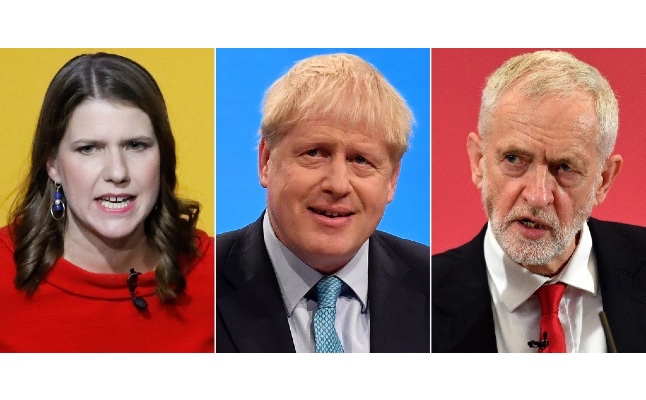Prime Minister Boris Johnson has this week been visiting the four ‘corners’ of the United Kingdom, doling out promises to spend, spend, spend in a futile effort to win support. Judging by the reception he received in Scotland, Wales and Northern Ireland, his offers of financial support for communities and industries, which are currently reliant on EU funding, are not being taken too seriously. The fact that parliament, or even his own government, would be unlikely to sanction such overspending may be a factor at play.
On Thursday August 1st, money was again on the agenda when the new Chancellor of the Exchequer, Sajid Javid, announced the government will spend £2.1 billion in preparation for a no-deal Brexit. Despite frequent claims from the prime minister and the government that no-deal is not their preferred course of action, they seem very keen to convince the country, and the European Parliament, that it is.
The Treasury announced that the money would be spent to “accelerate preparations at the Irish border, support business readiness and ensure the supply of critical medicines”. £138 million alone is to be spent boosting public communications, including a public information campaign, and increased “consular support and information for Brits living abroad”. I’m sure a leaflet will make us all feel better at the prospect of being significantly poorer!
As you might expect, the news of more spending – especially on a damaging no-deal scenario – met with widespread outrage. The CEO of Best for Britain, Naomi Smith, said: “Wasting money like this when we have so many other priorities is exactly why the country has turned against Brexit. We need to stop fixating on it so that we can fix the country.”
Labour MP, David Lammy said it was money: “…wasted on preparing for an entirely avoidable and self-inflicted disaster. Money that should have been spent on schools, hospitals and housing.”
The prospect of spending such obscene amounts of money, when the UK has suffered underspending on an industrial scale for years, has everyone wondering: where is the money coming from? The government openly admits it intends to borrow, borrow, borrow.
All this talk of excess borrowing and spending is particularly galling for British citizens who are suffering from the collapse of the Pound. Sterling is at its lowest level in over two years, with no-deal Brexit only at the discussion stage. How much further might it plummet if the worst-case scenario actually happened?
Brits relying on funds from the UK, especially pensioners and others on low incomes, are feeling understandably helpless. Many are considering how to cut back on their personal expenditure. None of us are in possession of a magic money tree – unlike Westminster, where there’s enough fertiliser for a whole orchard.
There was, however, an unexpected word of comfort from a Brexit Party MEP. Apparently, Sterling’s fall is all down to Remainers and the European Union, and nothing to do with government policy or the pursuit of a hard Brexit. It can easily be fixed if we all stop saying that no-deal will be a disaster and – as Johnson might say – just “believe”!
If Abba’s ‘Dancing Queen’ will be remembered as Theresa May’s theme tune, Boris Johnson’s theme must be ‘Money, Money, Money’. At least, for now. Give it a few weeks, until his government fails, and parliament removes the no-deal threat, and ‘Waterloo’ might be more fitting.
Sue’s Article in The Local


 Last week saw the publication of manifestos from the main political parties, ahead of the UK general election.
Last week saw the publication of manifestos from the main political parties, ahead of the UK general election.









